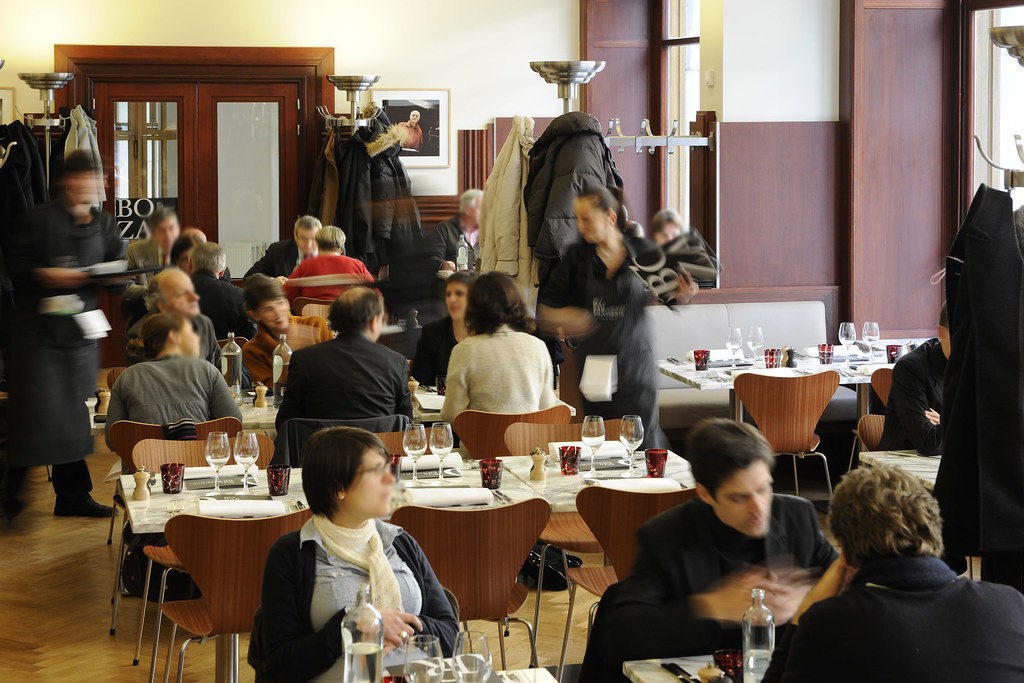Search results provided by internet search giant Google are different depending on whether you search in French or in Dutch, according to research by a doctoral student from the Free University of Brussels (VUB).
Researcher Annelien Smets carried out a Google search for restaurants, hotels and cultural events, searching in both French and Dutch. The results, she found, differed widely according to the language used. For restaurants, for example, Dutch speakers were recommended mainly addresses in the centre of town, while French speakers received recommendations spread more evenly across the 19 communes.
“The suggestions differed in about 70% of cases for restaurants as well as hotels and cultural events,” she told Bruzz. “That’s a huge contrast.”
The reason for the difference clearly lies in the algorithm used by Google to decide which results of offer to any given searcher. However the details are unknown: Google, like most internet companies, refuses to divulge the details of its algorithm, which is essentially the driving force of its entire business. Companies and consultants across the world spend their entire working lives trying to figure out the algorithm, which would give the key to making sure internet users were reliably presented with any company’s products.
“Researchers worldwide are trying to figure out the basis on which Google personalises [its results],” Smets said. “It could for example be the language in which reviews are written, or maybe Google has the idea that Dutch speakers tend to be concentrated in the centre and are less present elsewhere. Google has a profile for everyone. If you use Google Maps, Google’s search engine knows about it, and links that to previous information it has about you.”
• Smets and her team went to some lengths to make their searches as anonymous as possible, by wiping out internet history after every search and using an anonymous account for the search. Trying the experiment for yourself is not simple, since Google pays attention not only to your language preference but also to your search history (unless you sign out) and your location. So the experiment carried out by The Brussels Times for this article does not replicate the conditions of the research, but it does give an indication.
For the search “restaurants bruxelles” with language preference set to French, the results returned included mainly compilations made by others writing in French, so the bias is not with Google. The first page of results consisted of recommendations from TripAdvisor, Gault & Millau, resto.be and elle.be, as well as a page of recommendations from bloggers in French.
Elle.be returns on the page for “restaurants brussel” with language set to Dutch, simply because the Belgian edition of the magazine has two versions. There, too, are recommendations from TripAdvisor, and contrary to what the research suggests, both sets of recommendations are identical.
Clearly a quick test like this is not a contradiction of properly conducted research, but it does suggest there is a simple way to escape the language bubble the Google algorithm appears to want to lock us into: simply switch your language preference for the occasion, and switch it back again later. That may not disable Google’s secret algorithm, but it will provide a different set of sources – Knack as opposed to La Libre, for example. The solution to the problem of being served up different information is just more information.
Alan Hope
The Brussels Times

